Please consider adding [email protected] to your address book, which will ensure that our messages reach you and not your spam box.
Read and share online: https://www.fsf.org/blogs/community/in-depth-free-software-news-read-the-fall-bulletin-online
Dear Free Software Supporter,
For 35 years, the Free Software Foundation (FSF) has attempted to provide you with the best information about threats to computing freedom, highlight the efforts of activists worldwide, and connect more people to the struggle. One resource we produce to this end is the biannual Free Software Foundation Bulletin, which is printed as well as presented online – if you’ve received yours in the mail, we encourage you to post a picture on social media with #fsfbulletin!
Read the Free Software Foundation Bulletin online
In this issue, we reflect on the meaning of our thirty-five year anniversary, making sure we look forward, as well as back. We’re particularly excited about the guest articles in this edition that checked in with two important free software projects:
Isabela Bagueros, executive director at the Tor Project, wrote about Tor’s efforts to stay connected to users and integrate user feedback into development without compromising user privacy; and
Christian Grothoff, a professor at Bern University of Applied Sciences in Switzerland, reported on the debut of the GNU Taler free software payment system, which can now be used for actual purchases in the college cafeteria.
This issue of the Bulletin also contains our usual check-in from our ever-industrious tech team, as well as an important reminder about proper distribution of free software from our licensing team.
This publication, and many others, are only possible because of the dedication of FSF associate members and generous donors. There’s no better time than the present to make a commitment to a world where all software respects our freedom and dignity by becoming an FSF associate member. Plus, you'll help us reach our goal of 500 new members before December 31st, and receive many useful member benefits, including access to our instance of Jitsi Meet for videoconferencing in freedom!
While current events continue to prove that only free software can even begin to prevent the world from becoming a truly miserable technological dystopia, this year has also demonstrated that our movement can weather some very daunting circumstances and come out swinging. We already know that if you’re receiving this email, you already have more than enough dedication to the cause of freeing the future, but hopefully these reports will help you feel some optimism as well.
Happy and healthy hacking,
Dana Morgenstein
Outreach and Communications Coordinator
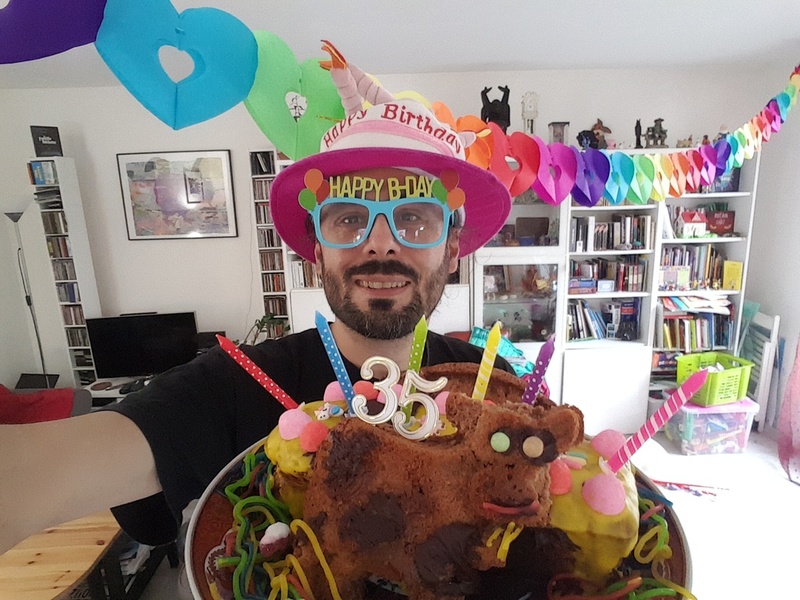
FSF at 35: Why free software matters more than ever
By John Sullivan, Executive Director
These are excerpts from John’s talk at the FSF35 birthday celebration, edited for length and clarity. You can watch the full event videos on PeerTube or GNU MediaGoblin.
I hope you have been enjoying our small celebration of the thirty-five years that the FSF and our supporters have been hacking, campaigning, organizing, and educating for user freedom. I've had the good fortune of being at the FSF for over seventeen years – nearly half of the thirty-five years we’re celebrating today. I'm so thankful for all of you – the members, volunteers, and supporters – who have stuck with us through the ups and downs.
Read More - Index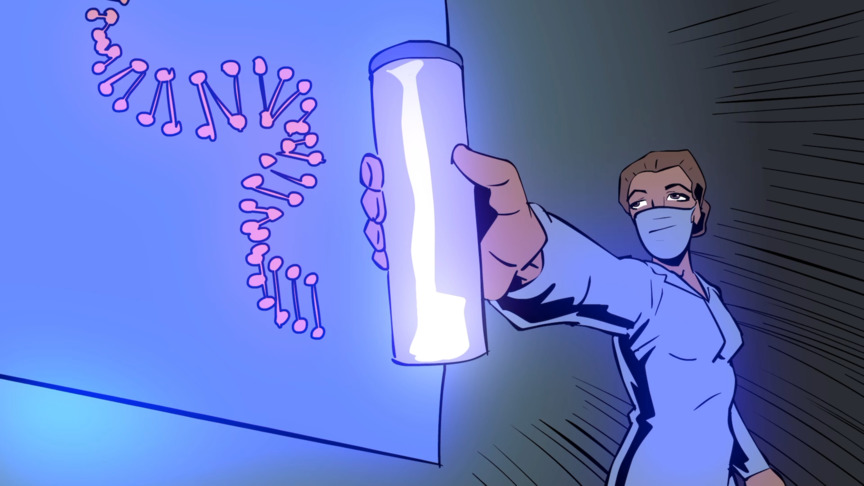
Celebrating the FSF's tireless commitment
By Greg Farough, Campaigns Manager
It’s an honor to be the campaigns manager of an organization that has maintained a tireless commitment to user freedom for thirty-five years. Getting an accurate handle on decades of historical, philosophical, and technical development hasn’t been easy, but it never ceases to be inspiring.
The free software movement is a testament to how enduring a simple set of principles can be. Not only has the Free Software Definition been influential in other fields of endeavor like cultural works, but it's served as a foundational tool for evaluating whether the digital tools we use have our best interests in mind. If they do, that gives us cause to celebrate. But if they don't, the definition also points the way to practical steps that we need to take to achieve freedom. These sound principles and the dedicated activists behind them are rare in any community, but when the organization was founded in 1985, they were visionary.
Read More - Index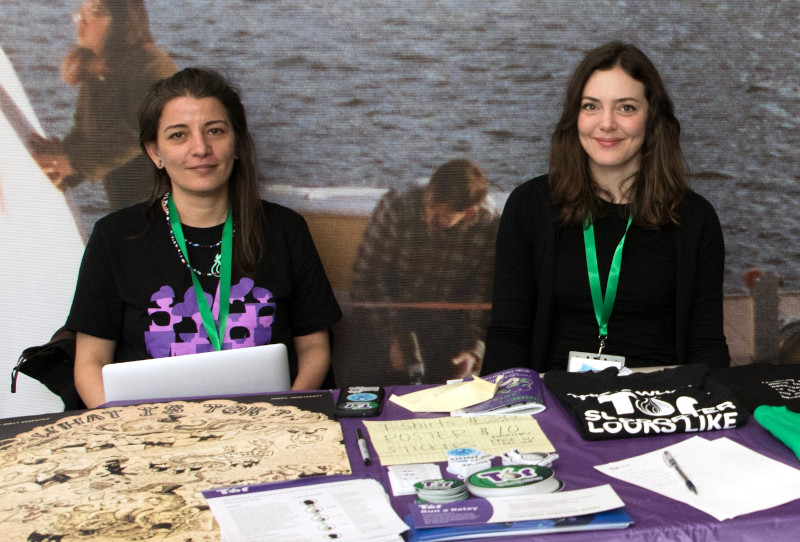
How Tor improves usability without compromising user privacy
By Isabela Bagueros, Executive Director, Tor Project
The Tor network and Tor Browser protect the privacy of 2.5 million users every day. Users depend on Tor for matters of huge importance like circumventing censorship, protecting democracy, and even protection from violence. It’s extremely important that our tools are easy to use.
Because our design prioritizes privacy, our tools gather very little information about our users, which makes it difficult for us to communicate with users and determine what their needs are. So until recently, we did not have a systematic and proactive way to involve users and integrate their use cases and feedback into development cycles. This is why, early in 2018, we began our User Research Program, where our team meets users face to face. This article details how we gathered their feedback and the improvements we were able to make as a result.
Read More - Index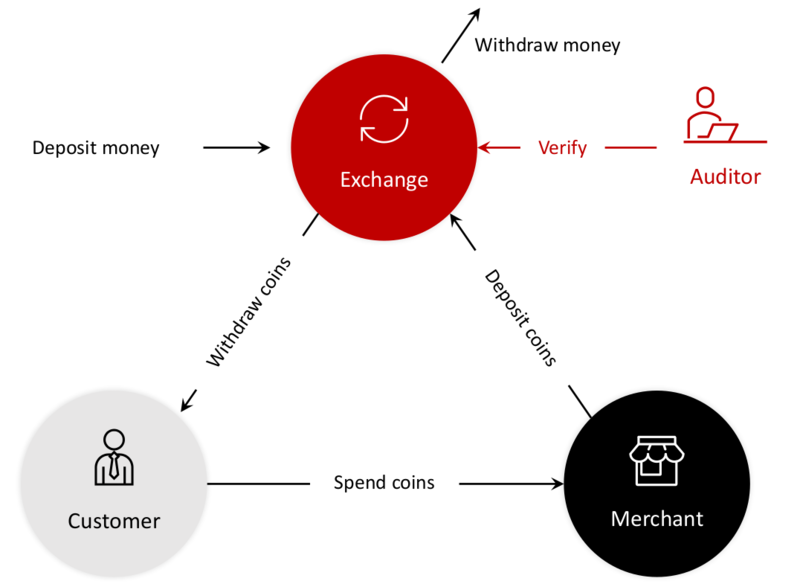
Free software payment system launches at Swiss university
By Christian Grothoff, Professor, Bern University of Applied Sciences
GNU Taler is a free software payment system (not a cryptocurrency), which has been in development through the GNU Project since 2014. All components and complete documentation are released under free licenses. On September 16th, 2020, the GNU Taler payment system went operational for the first time in the cafeteria of the department of computer science at the Bern University of Applied Sciences (BFH) in Biel, Switzerland.
Read More - Index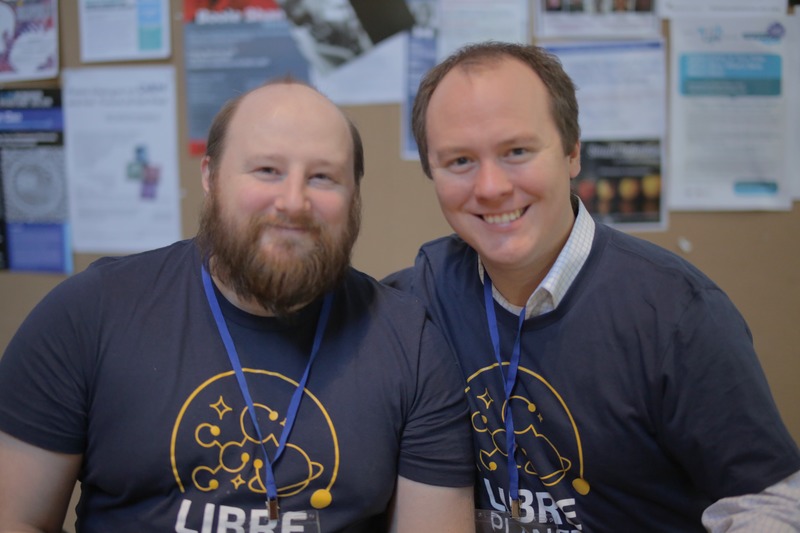
Why providing source code for unmodified works is important
By Donald Robertson, III, Licensing and Compliance Manager
One common misconception we run into in our compliance work here at the FSF is the idea that if you distribute an unmodified GNU General Public License (GPL)-licensed binary, you don't have to provide the source. All versions of the GPL actually require you to provide source code in some manner whenever you propagate the work. When explaining this requirement, we often get asked "why?" Sure, thirty-five years ago when the FSF was founded, if you didn't provide the source code, then it was unlikely that the user could ever find it. But in 2020, with most free software packages widely available on the Internet, why do users need to get the unmodified source from the distributor? Can't they just get it from upstream?
Read More - Index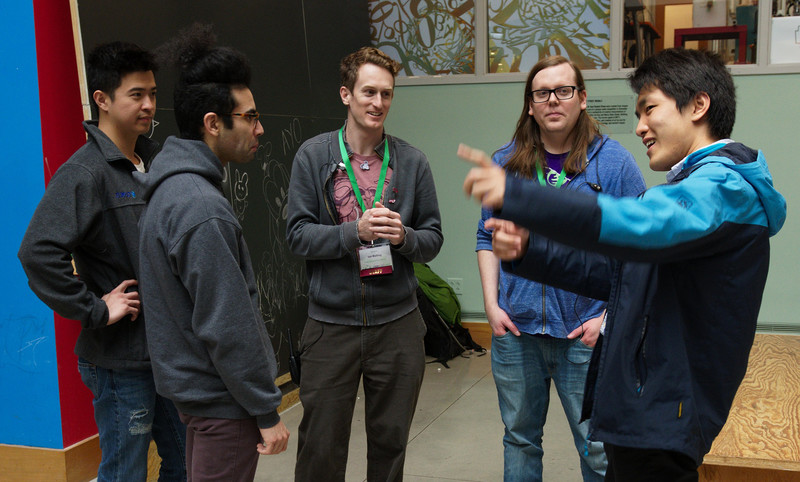
Updates from the FSF Tech Team
By Ian Kelling, Senior Systems Administrator
Since the last issue of the FSF Bulletin, the tech team has made steady progress on key projects, while still working almost entirely remotely due to COVID-19. For starters, the FSF Web site now has a new skin that is easier to read on small screens. This is just a prelude to even bigger improvements: we are working on migrating the Web site backend from Plone to Drupal, and then making many more visible changes.
Read More - Index
 GNU Social
GNU Social Mastodon
Mastodon Diaspora
Diaspora PeerTube
PeerTube Twitter
Twitter